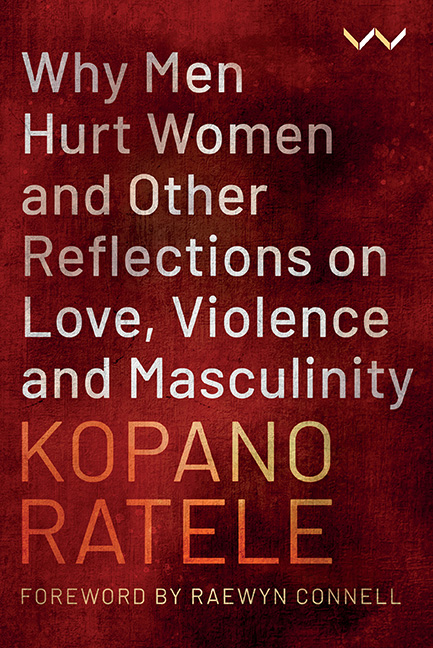5 - Love hunger shows itself in many acts, and violence may be one of them
Published online by Cambridge University Press: 24 November 2023
Summary
In 2011, my collaborators and I began to probe love in a series of small studies. Some of the questions for which we sought answers were these: How much weight do our histories carry in who we love? Is love a magical sort of process, something hard to explain, or can we predict who a person will love from looking at the people around them? Can we only love what we know, and what kind of people get to love those who appear very different from them? Do we only know what we love because we do not have other ‘languages of love’, do not possess different ways of speaking of loving? Do we love what, and who, is available to us, which means if we grew up differently, with different people, we could have loved differently?
While I still have many questions that I would like answers to, in these studies we could realistically pursue only a few of these questions. For example, in one study conducted with my 2011 master’s degree intern, Candice Rule-Groenewald, we sought to understand why men and women love the people they do. We posited that race was an important yet hidden variable in who people fall in love with. In another study, with my 2012 intern, Mandisa Malinga, we examined the place of love in young heterosexual men’s lives.
What this is meant to indicate is merely that I have had an interest in the question of love in men’s lives for some time now, an interest strong enough to be investigated. Along the way, alongside the narratives of romantic love, I became interested in other kinds of love, in what we mean when we say we love, and in what we do when we (do) love. I wanted to witness love in action, such as how care is performed in feminist and traditional families, and not just to hear accounts of love, because these two, acts and accounts of love, do not always correspond. Sometimes we are able to show love more than we can verbally express it. At other times we may be better at articulating love than at bodily practising it.
- Type
- Chapter
- Information
- Publisher: Wits University PressPrint publication year: 2022



